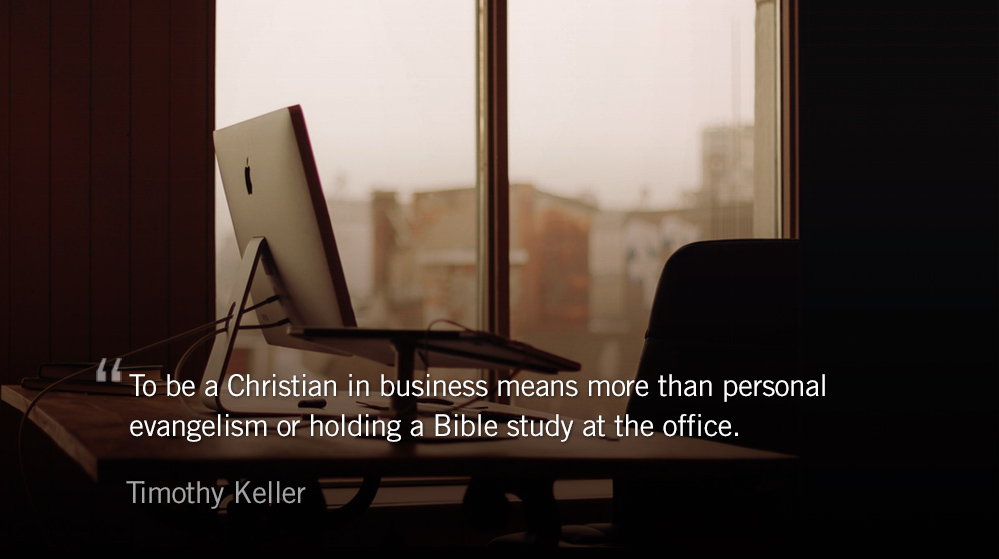
*The Summer Reading Series is designed to equip our growing community with curated book recommendations that can shape faith and sharpen cultural insight.
Excerpt from the Postscript: The Case for a Tragic Optimism
Let us first ask ourselves what should be understood by “a tragic optimism.” In brief it means that one is, and remains, optimistic in spite of the tragic triad, which consists of those aspects of human existence which may be circumscribed by: (1) pain; (2) guilt; and (3) death. This chapter, in fact, raises the question, How is it possible to say yes to life in spite of all that?
This presupposes the human capacity to creatively turn life’s negative aspects into something positive or constructive. In other words, what matters is to make the best of any given situation.
Optimism in the face of tragedy and in view of the human potential which at its best always allows for: (1) turning suffering into a human achievement and accomplishment; (2) deriving from guilt the opportunity to change oneself for the better; and (3) deriving from life’s transitoriness an incentive to take responsible action.
It must be kept in mind, however, that optimism is not anything to be commanded or ordered. One cannot even force oneself to be optimistic indiscriminately, against all odds, against all hope.
Happiness cannot be pursued; it must ensue. One must have a reason to “be happy.” Once the reason is found, however, one becomes happy automatically. As we see, a human being is not one in pursuit of happiness but rather in search of a reason to become happy, last but not least, through actualizing the potential meaning inherent and dormant in a given situation.
Once an individual’s search for a meaning is successful, it not only renders him happy but also gives him the capability to cope with suffering.
In view of the possibility of finding meaning in suffering, life’s meaning is an unconditional one, at least potentially. That unconditional meaning, however, is paralleled by the unconditional value of each and every person. It is that which warrants the indelible quality of the dignity of man.
Just as life remains potentially meaningful under any conditions, even those which are most miserable, so too does the value of each and every person stay with him or her.
Summer Reading Series
Man’s Search for Meaning
Viktor Frankl
Beacon Press, 2006
Today’s Readings
Joshua 12-13 (Listen – 8:18)
Psalm 145 (Listen – 2:19)
Summer Reading Series
Find devotionals and more reading suggestions on TheParkForum.org.
___________________________________
This Weekend’s Readings
Saturday: Joshua 14-15 (Listen – 9:20); Psalms 146-147 (Listen – 3:09)
Sunday: Joshua 16-17 (Listen – 5:13); Psalm 148 (Listen – 1:28)
___________________
FAQs
How can I make a tax-deductible donation? Click here.
How can I get these devotionals in my inbox? Click here.
What is the reading plan this blog is based on? Click here.
___________________________________










